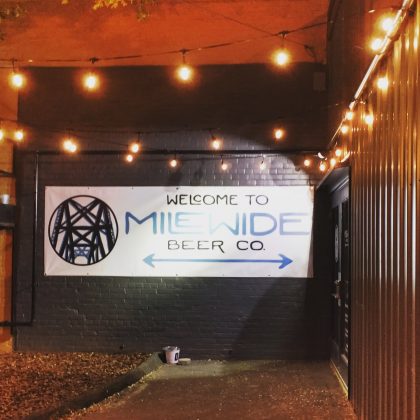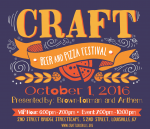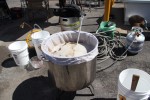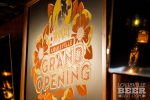It was June, 1989, and my precise whereabouts in the bucolic Bohemian countryside southeast of Prague were blissfully unknown, but it was a lazy, sunny, utterly aimless lunchtime — and I was on a protracted European holiday.
My genial hosts were the aunt and uncle of a dear friend back home. Both began the day puttering around their weekend house, tending to a verdant garden. Later, homegrown green peppers and onions would be chopped and cooked in a skillet with big, fat sausages, alongside a salad of shredded cabbage, sliced tomatoes and homemade pickles.
As befitted the setting, Uncle Vlasta was the quintessential example of a Czech country boy made good. He was a proud, unrepentant Communist middle-tier bureaucrat who adroitly played the hand he was dealt and rose through the ranks to enjoy a solid, unpretentious life.
That seemingly placid summer of ’89, there was little reason to believe the domestic scene would change any time soon. It was entirely unimagined that a “Velvet Revolution” freeing Czechoslovakia from its Warsaw Pact orbit – and abruptly rendering Uncle Vlasta prematurely retired – would occur, and yet the break was only six short months away.
—
Uncle Vlasta and his family spent their everyday working weeks residing in an unadorned apartment, albeit one located in a comparatively upscale, 1960’s-era suburb in Prague. However, their obvious pride and joy was the A-frame weekend house, and any excuse to exit the capital city for a few days in the groves and meadows was seized upon with excitement and vigor.
Naturally, I was delighted to function as their excuse of the moment. The previous day, we’d taken a day-long, whirlwind tour of Southern Bohemia, Uncle Vlasta’s beloved red Skoda loaded down with supplies. We visited historic towns, sprawling castles and even a hydroelectric dam that he’d helped to construct as a youthful Community party hopeful.
There were mugs of locally brewed beer, platters of roasted pork, sauerkraut and steamed dumplings, and a steadily encroaching exhaustion. We finally arrived at the family’s weekend house long after dark, and after a few minutes of housekeeping and light snacks, everyone fell fast asleep.
Next morning after breakfast I embarked on my orientation stroll in the nearby woods, returning to find a smudged and grinning Uncle Vlasta waiting for me. He held up two oversized brown earthenware pitchers and motioned for me to follow him. We exited the front gate and walked along the rutted road, our ultimate purpose lost to me owing to our language differences.
After a quarter-mile or so, we came to a battered, stuccoed 1930s-era building in the shade of old, leafy hardwoods. It stood by the terminus of a single rail line, one that seemed to exist solely for use by the many holiday weekenders in the vicinity. It became clear that the structure tripled as railway ticket office, grocery store … and pub.
—
Although a diabetic and generally teetotaling, Uncle Vlasta had been dutifully forewarned by his nephew that I was a beer lover, and accordingly, throughout my three-week visit, he enthusiastically volunteered to introduce me to various classic pubs for sampling the many brands of golden, hoppy pilsner for which the Czechs remain justly famous.
Over a period of days soon after my arrival, he taught me a critical phrase in his native language: “Czech beer is better than American beer.” He would drill me on pronunciation just before entering a tavern, and then introduce the visiting foreigner to tavern staff and nearby regulars. I’d smile utter the words aloud as best I could remember — and the free beers would begin materializing in front of me.
Uncle Vlasta would shrug, beam with evident satisfaction and drink his juice, and while I wasn’t sure whether it was the capitalist novelty of my presence or his “the-fix-is-in” ruling party credentials that caused such a reaction, I opted to make like the elegant Vltava River and just drink with the flow.
Spying the tap inside the rural railway station pub, it made perfect sense to me to have a creamy draft lager and quench my thirst after the morning walk, but the inexperienced American accustomed to cans and bottles still couldn’t quite fathom why we’d lugged the pitchers along … that is, until the friendly barman began filling them with cool beer for the journey back.
Some of the liquid didn’t make the trip. Imagine that.
Roger A. Baylor
New Albanian Brewing Company





